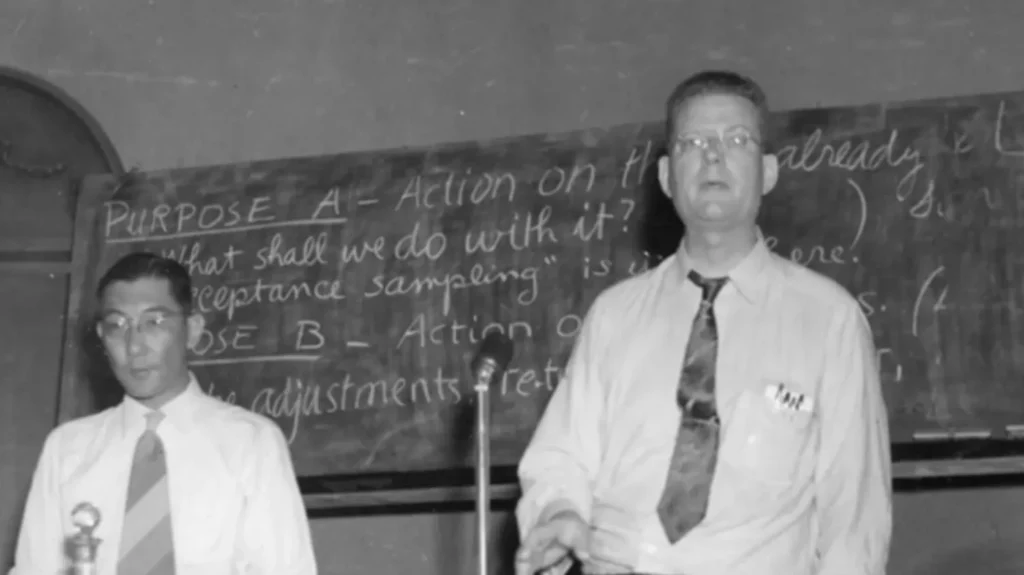
"Learning is not compulsory… neither is survival."
W. Edwards Deming
Continuous Improvement Architect
- Date
A Brief History of Agile: From Ancient Wisdom to Modern Business
posted in Business Coaching

Adam Kreek
Agile may feel like a buzzword today, but its roots stretch back thousands of years. At its heart, Agile is about adaptability, iteration, and continuous improvement—principles that leaders, philosophers, and innovators have been using long before software development existed.
Here’s a quick journey through the history of Agile, inspired by the timeline you see below.
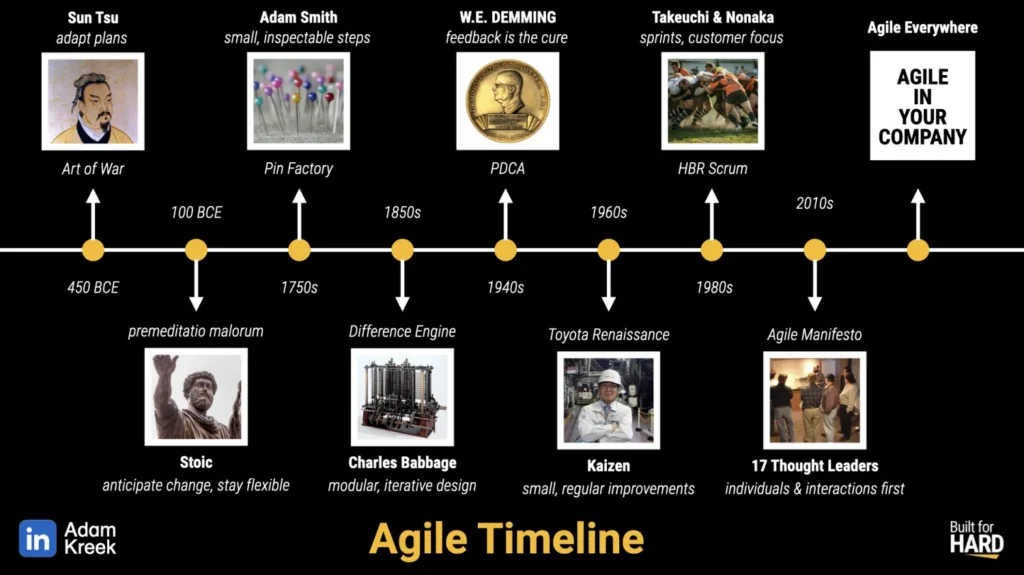
Ancient Roots: Adapting and Anticipating Change
Long before Agile frameworks and sprints, ancient thinkers taught the core mindset of agility.
- Sun Tzu (450 BCE) in The Art of War emphasized the importance of adapting plans in real-time to changing conditions. The ability to pivot was as critical on the battlefield as it is in today’s marketplace.
- Stoic philosophers (100 BCE) taught premeditatio malorum—the practice of anticipating problems before they arise. Agile teams today call this risk management and backlog refinement.
The early lesson? Stay flexible. Expect change. Build resilience.

The Age of Industry: Small Steps and Iterative Design
Fast forward to the 1750s, where Adam Smith’s pin factory showed how breaking big processes into small, inspectable steps could massively increase productivity. It’s an early example of what Agile calls “incremental delivery.”
In the 1850s, Charles Babbage, the “father of the computer,” designed his Difference Engine with modular, iterative design. This mindset of building in small parts would echo throughout Agile practices 150 years later.
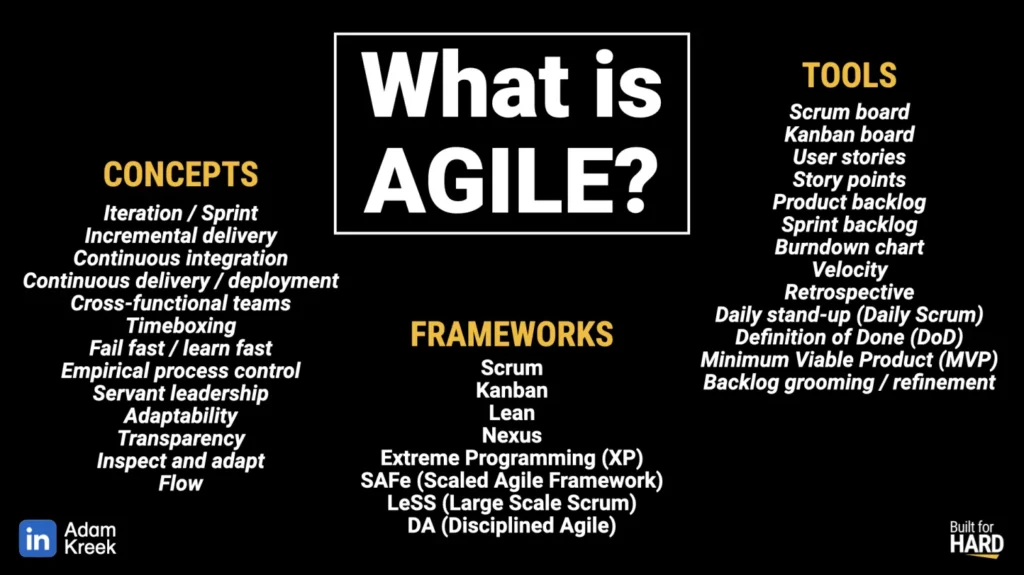
The Quality Revolution: Feedback as the Cure
In the 1940s, statistician W. Edwards Deming brought a powerful insight: feedback is the cure. His Plan-Do-Check-Act (PDCA) cycle laid the groundwork for continuous improvement.
At the same time, Toyota was undergoing its “Renaissance,” developing the Toyota Production System and embedding Kaizen—small, regular improvements—into every layer of its culture. This discipline of continuous improvement became one of the strongest precursors to Agile.
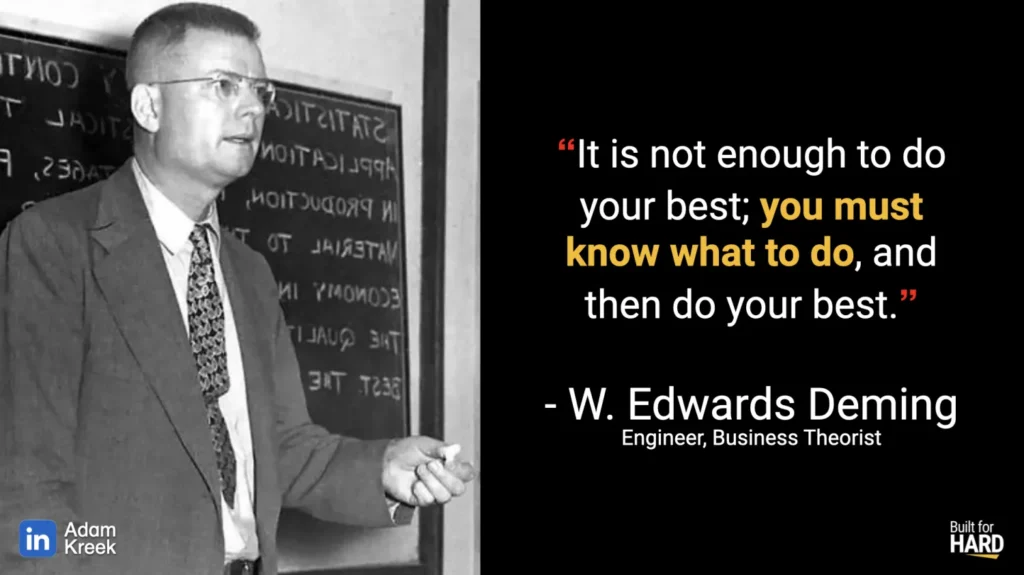
The Rise of Modern Agile
By the 1980s, scholars like Takeuchi and Nonaka popularized the concept of Scrum in the Harvard Business Review, borrowing the rugby term to describe teams working in tight formation with sprints and customer focus.
Then, in 2001, 17 software thought leaders came together to draft the Agile Manifesto. They codified principles that prioritized:
- Individuals and interactions over processes and tools
- Working solutions over comprehensive documentation
- Customer collaboration over contract negotiation
- Responding to change over following a plan
Agile as we know it today was born.
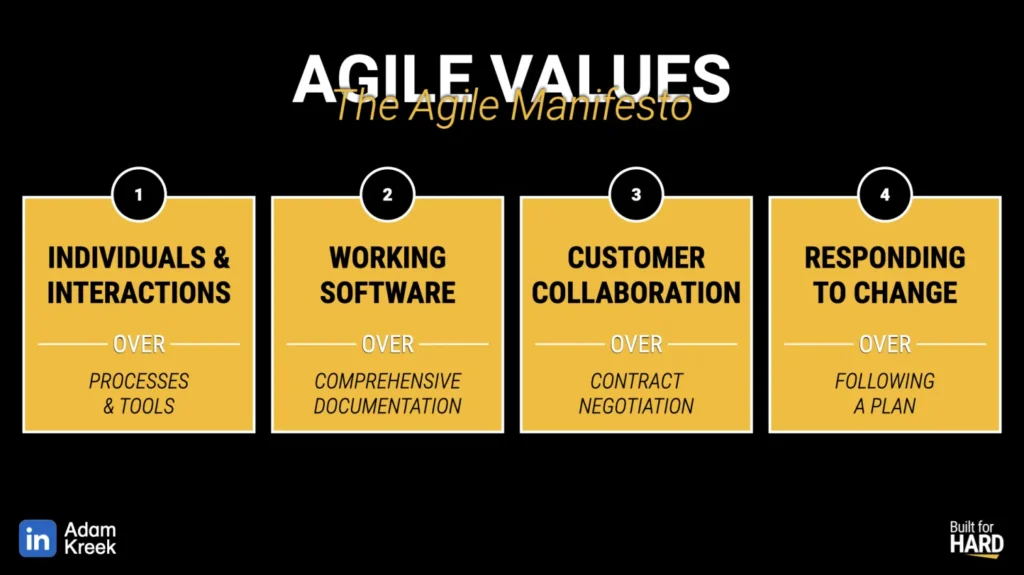
Agile Everywhere: Beyond Software
By the 2010s, Agile had spread far beyond software into industries like marketing, healthcare, finance, and even aerospace. The mindset of iteration, feedback, and adaptability proved universal.
Today, Agile Everywhere means you don’t need to be writing code to benefit from Agile principles. Whether you’re running a startup, leading a nonprofit, or managing a global supply chain, the same truth applies: agility wins.
Closing Thought
Agile is not new. It’s an evolution of timeless wisdom: anticipate change, break work into small steps, embrace feedback, and improve continuously.
From Sun Tzu to Toyota to today’s boardrooms, the lesson remains the same: the organizations that adapt fastest and learn quickest are the ones that thrive.
–––––
Adam Kreek is on a mission to positively impact organizational cultures and leaders who make things happen.
Kreek is an Executive Business Coach who lives in Victoria, BC, near Vancouver, British Columbia, Canada, and Seattle, Washington, USA, in the Pacific Northwest. He works with clients globally, often travelling to California in the San Francisco Bay Area, Atlanta, Georgia, Toronto, Ontario and Montreal, Quebec. He is an Olympic Gold Medalist, a storied adventurer and a father.
He authored the bestselling business book, The Responsibility Ethic: 12 Strategies Exceptional People Use to Do the Work and Make Success Happen.
Discover our thoughts on Values here.
Want to increase your leadership achievement? Learn more about Kreek’s coaching here.
Want to book a keynote that leaves a lasting impact? Learn more about Kreek’s live event service here.